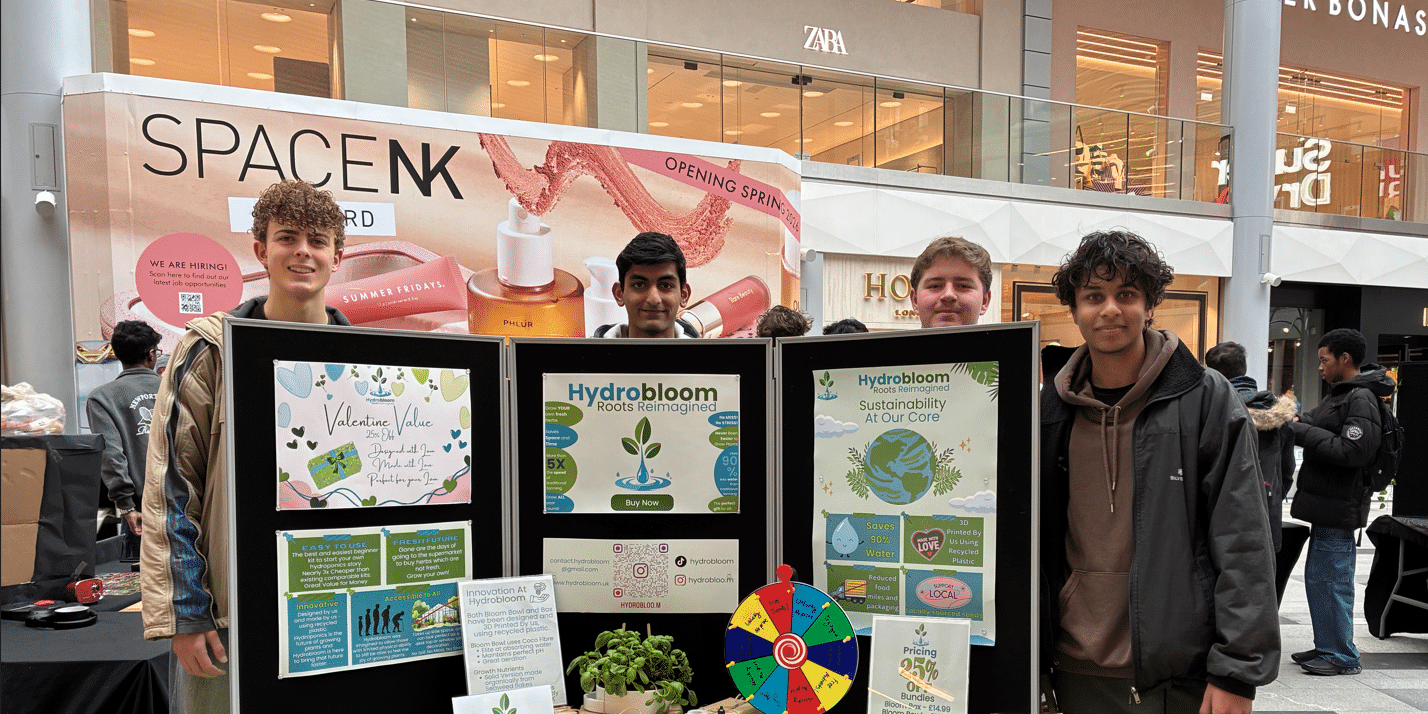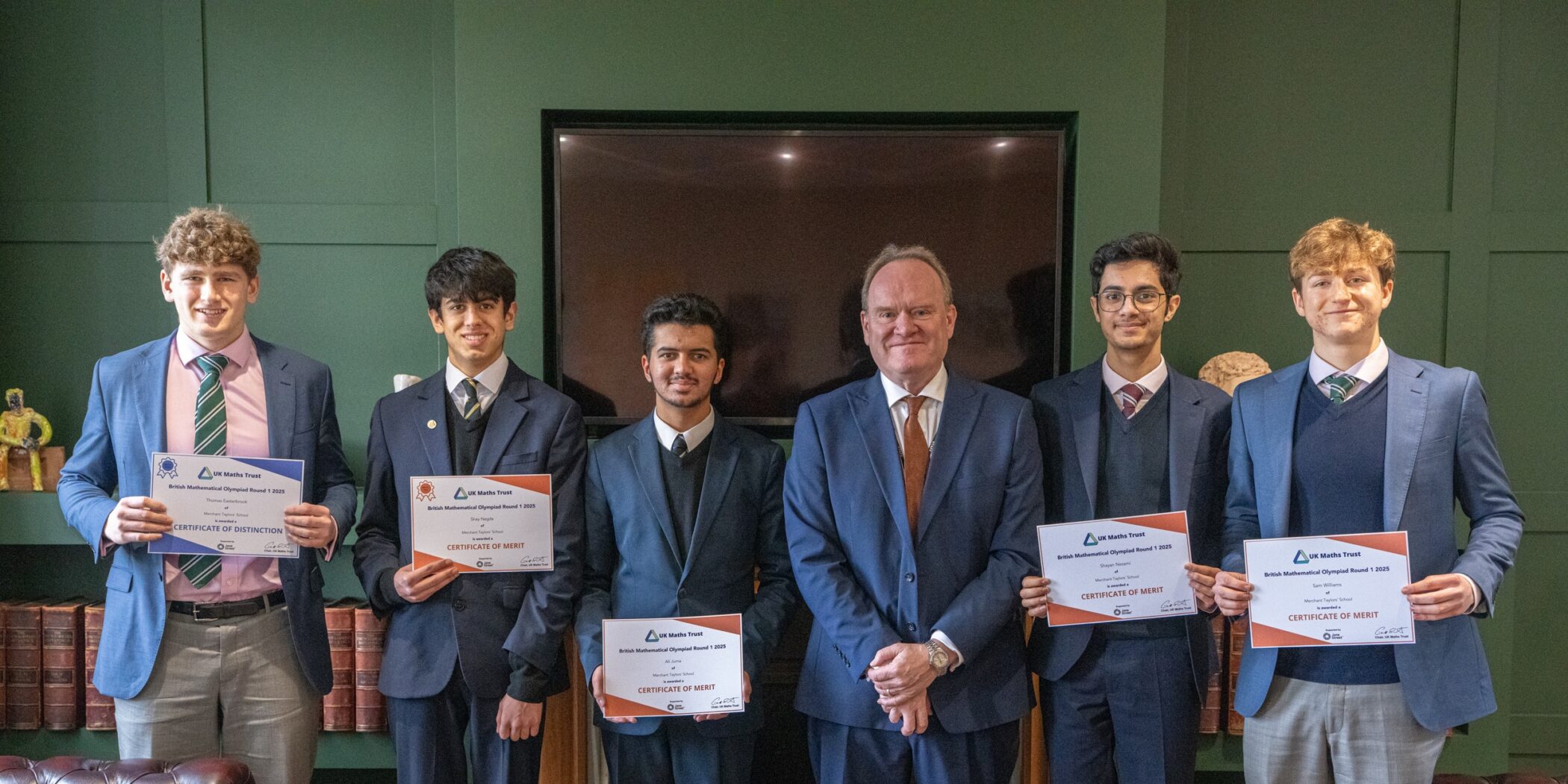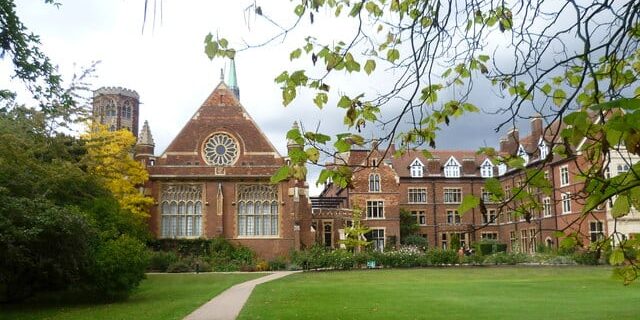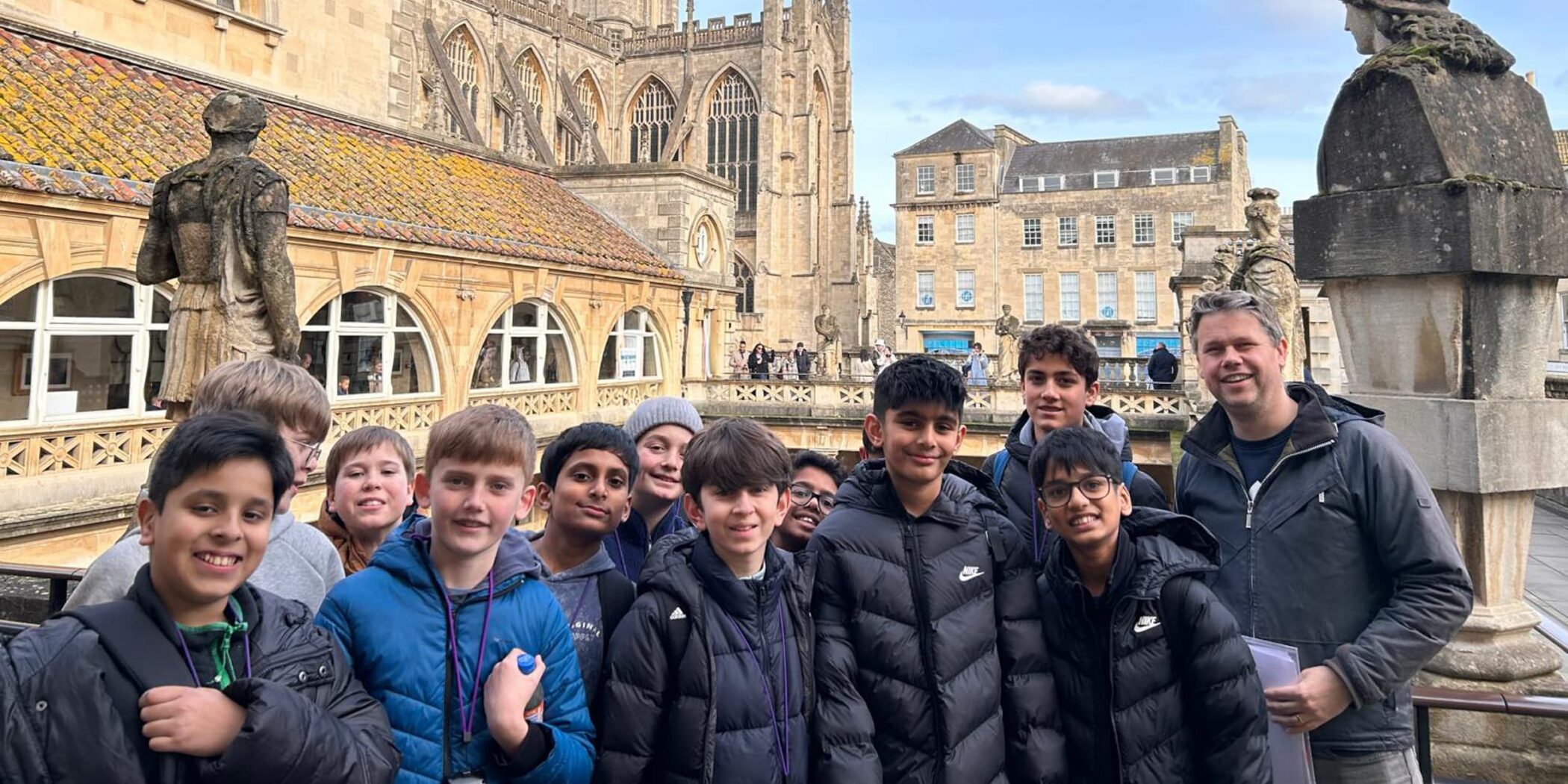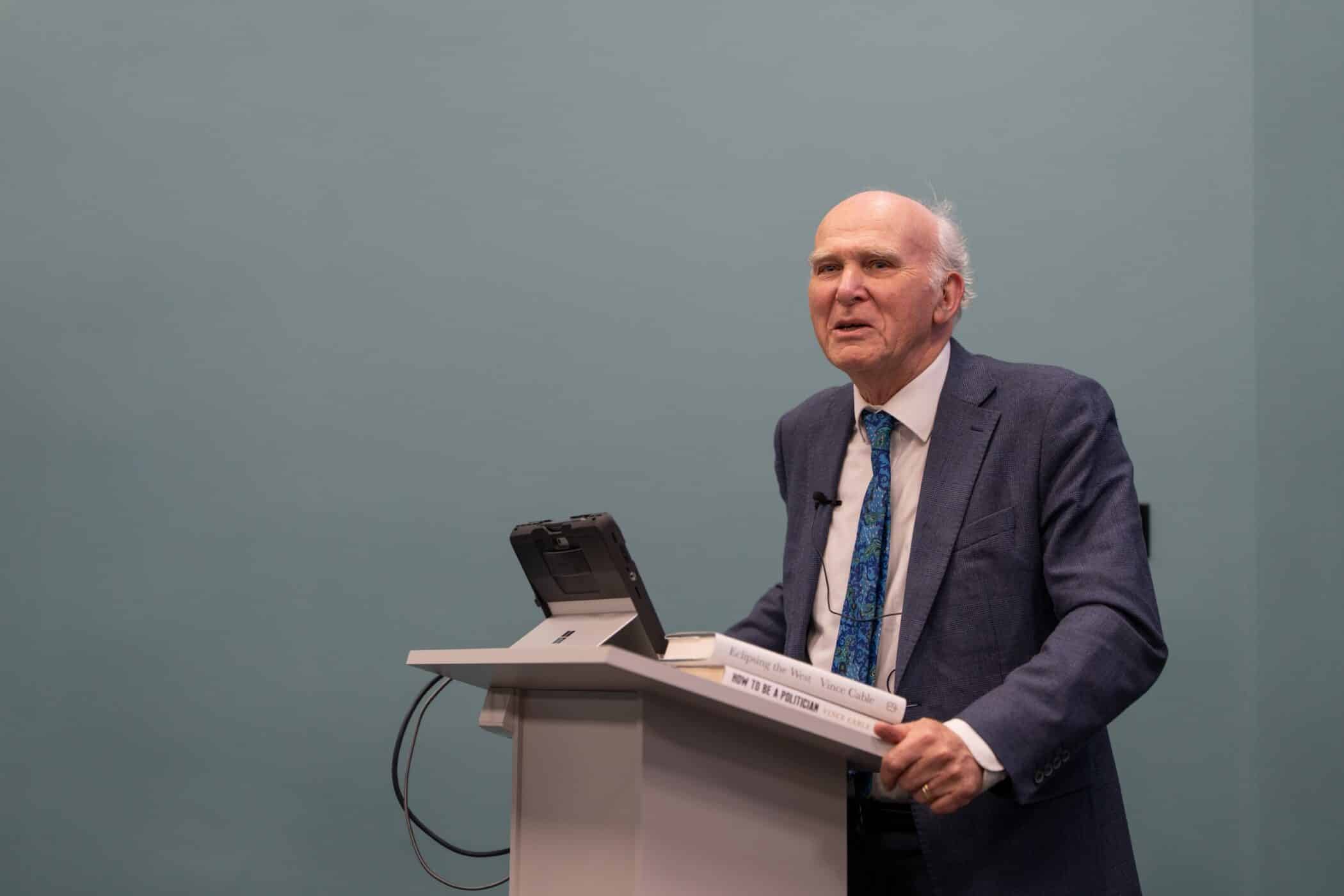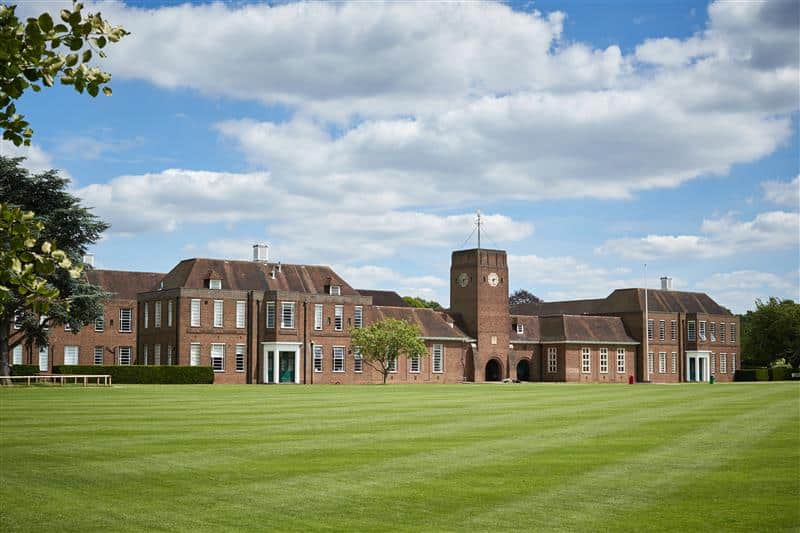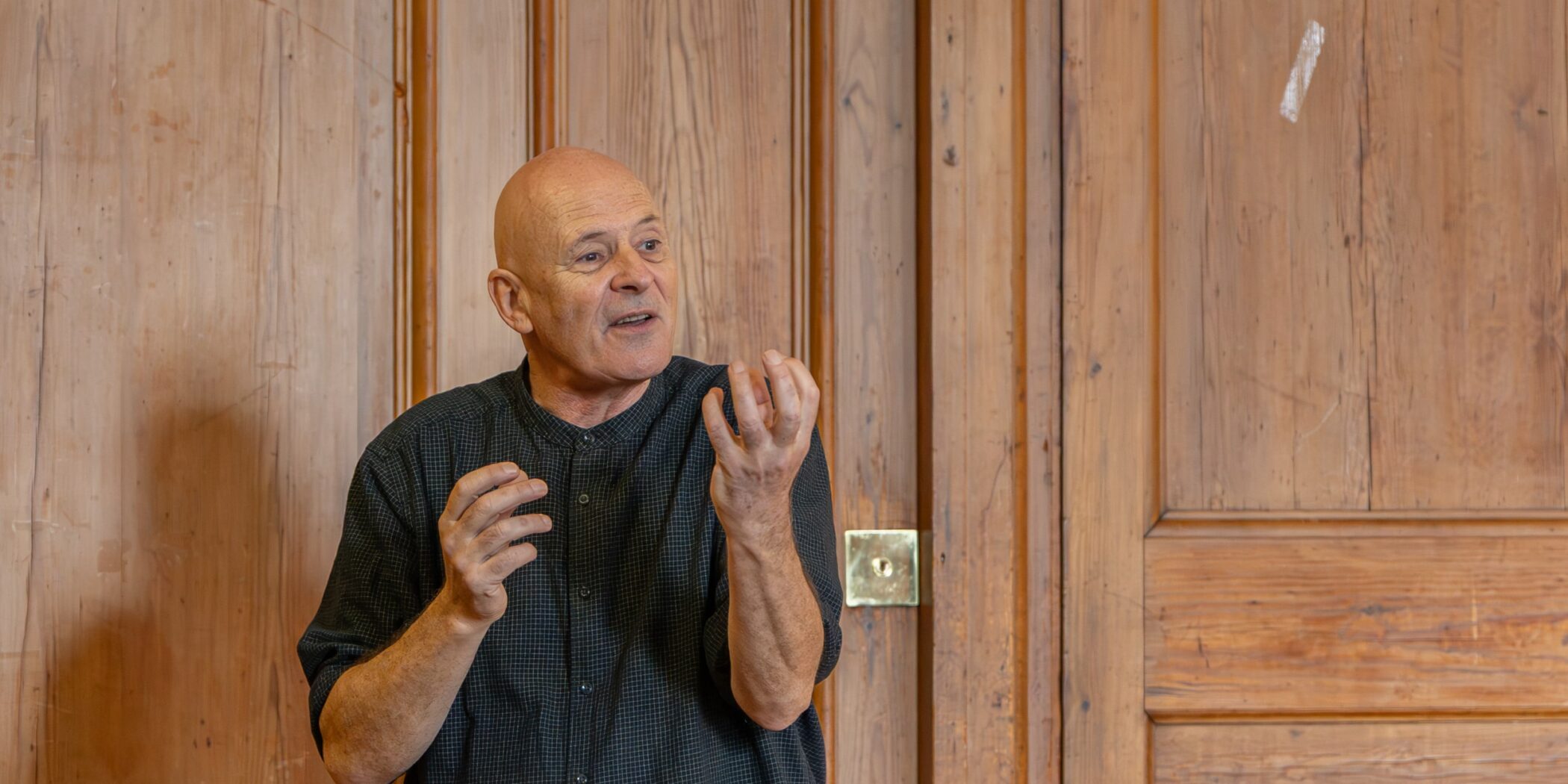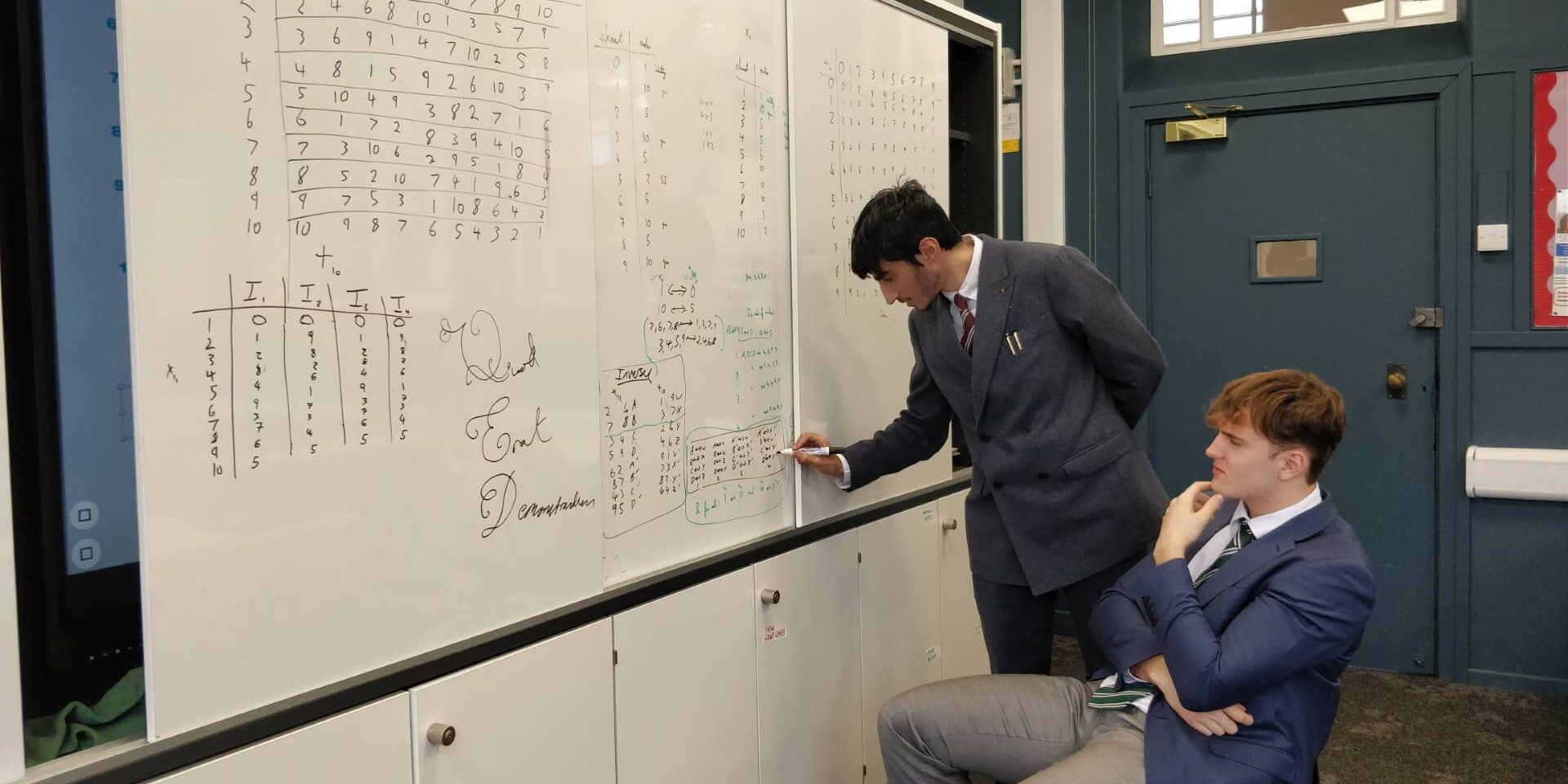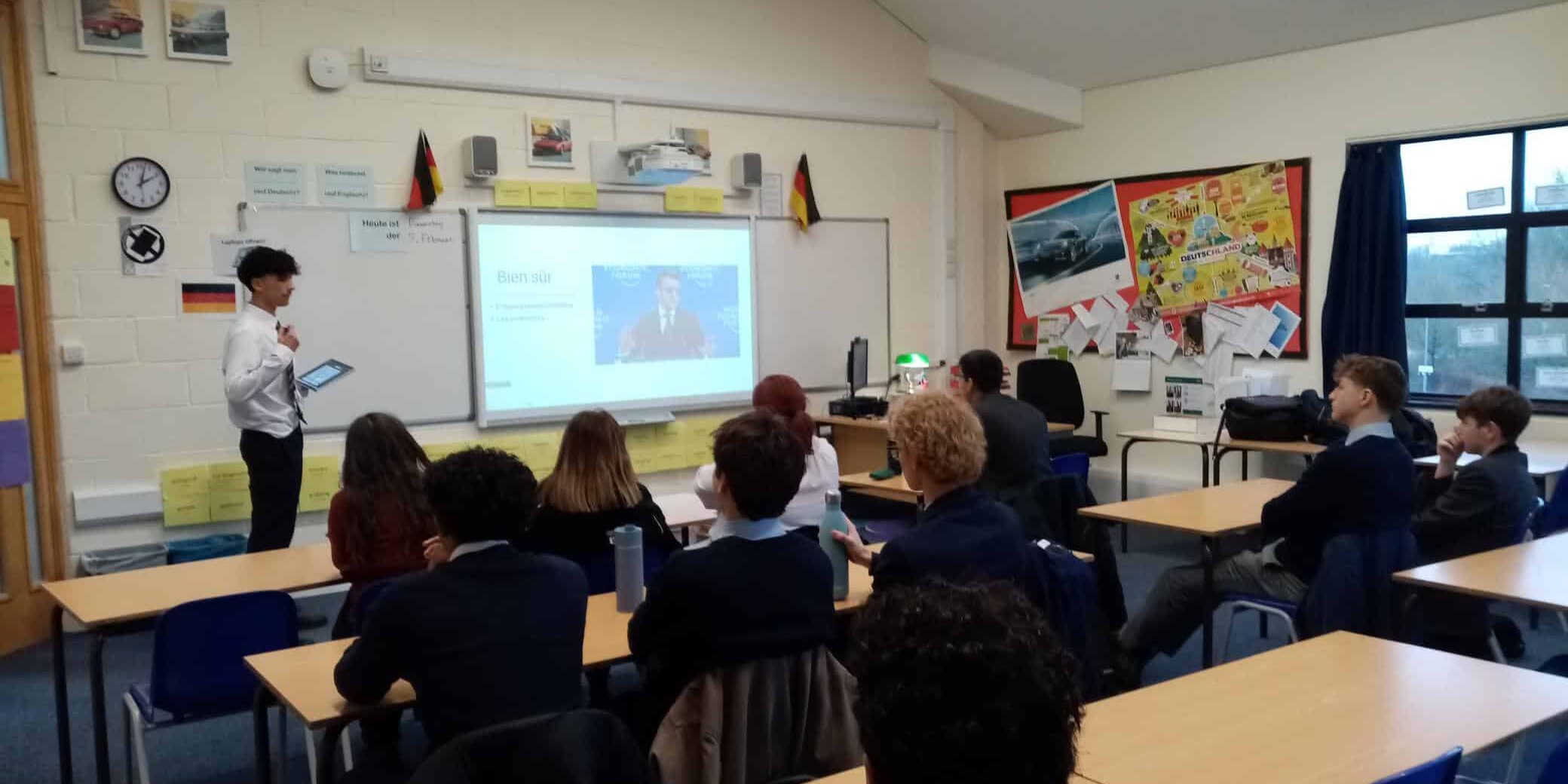The essay question (focused on how successful business people benefit society) required me to explore the economic value of businesspeople, but also to question their impact on social and environmental challenges. I was drawn to the essay prompt since it presented a distinctive opportunity to reflect on the wider ramifications of business success.
Nikaash A (U6th)
Firstly, the essay demonstrated that successful entrepreneurs create jobs, drive economic growth, and contribute to innovation and philanthropy. For instance, historical figures like Andrew Carnegie and modern tycoons such as Bill Gates and Warren Buffet are cited for their philanthropy, with initiatives like the Giving Pledge contributing significantly to society. And then the essay touched on “trickle-down economics,” which posits that benefits for the rich will eventually trickle down to the rest of society through job creation and investment.
On the other hand, the essay analysed the ethical concerns of wealth accumulation, pointing to examples like Jeff Bezos, whose Amazon workers face poor working conditions. Critics believe this widens wealth inequality and highlights the concerns of negative externalities with modern business practices, such as worker exploitation, benefiting only the top 1%. Finally, the theory of “impact washing,” was raised. Ultimately, this concept is associated with investments in social enterprises, where businesses appear as socially responsible without genuine commitment to social goals, which raises several challenges, signifying that this only diverts attention away from what is really needed: systemic policy changes.
Finally, the essay concluded that while successful business people can positively impact society, their contributions must be weighed against potential harm, as their benefits to society are multifaceted. What is most important is advocating for a balance of responsible entrepreneurship, where business leaders prioritise the well-being of their employees, the environment, and the broader community, while still maintaining their pursuit for profit.
Being chosen as a finalist for the competition was a testament to the effort I had invested in my work, and it gave me the confidence to engage with complex economic and societal issues. Consequently, I was invited to attend the John Locke Institute Awards Ceremony and Gala Dinner. Only upon arriving did I realise the magnitude of the event. It was held at the iconic JW Marriott Grosvenor House in Mayfair, where I had the chance to meet fellow finalists and scholars from around the world. Each table was thoughtfully arranged, ensuring that every person was a finalist in a different category, which led to fascinating conversations about a range of subjects, from Economics to Theology. It was also nice to see a few familiar faces as well, like Jacob R and Rohan H, who were also selected as finalists.
One of the most surprising moments of the evening was hearing former UK Prime Minister Liz Truss speak. She delivered an inspiring address and finally announced the winners of the Global Essay Prize, adding an extra layer of excitement to an already prestigious event. The night ended with a fantastic ballroom dance, where everyone came together to celebrate, creating a joyous close to an extraordinary event.



